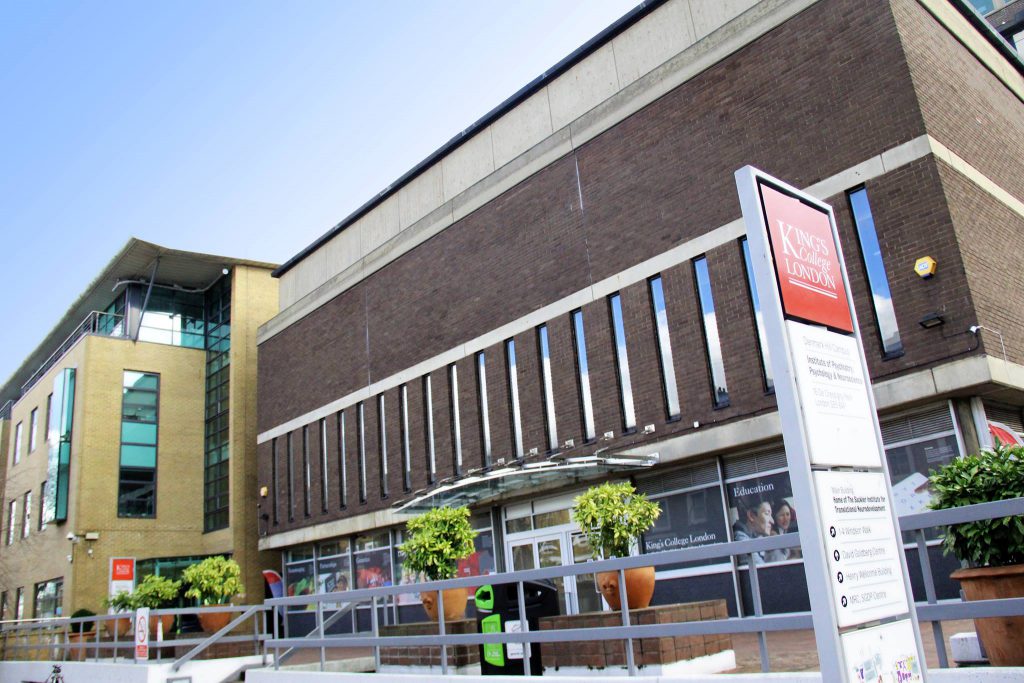
I love the programme that I study and have no qualms sharing what it is with anyone who asks, but I know from the slight raise of the eyebrows and tilt of the head after I say “Neuroscience and Psychology” that it raises questions, to say the least, in people’s minds — it’s an interesting mix, perhaps, but why not just study Psychology? Or Neuroscience? It sounds like a somewhat niche area… but it also seems like there’s way too much information to cover, isn’t there? Indeed, these are all valid questions for a novel course like this one, the first of its kind in a Russell Group university, which accepted its first batch of students just last year. With the proud confidence of someone who has been studying the course from its first day of existence, I am happy to shed some light on the exciting BSc Neuroscience and Psychology.

How is it different from BSc Psychology?
While the BSc Psychology programme provides a foundation in neuroscience in a first-year module, with options for further study through second- and third-year modules, a significantly heavier emphasis is placed on it throughout the BSc Neuroscience and Psychology programme. This allows us to delve deeper into the fascinating study of the brain, from its broad evolutionary basis right down to its molecular and cellular processes. It seems to me that anything less would not be doing justice to the brain’s amazing complexity.
With more of the course devoted to neuroscience, surely there are trade-offs involved as we would be learning less of something else? Not exactly, as modules regarding core concepts in psychology are shared between the two BSc programmes, with both being accredited by the British Psychological Society (BPS). Certain modules relating to more general principles of psychology and research are not part of the joint programme, but these principles are communicated to us through our other modules, ensuring that we do not miss out.
Finally, it is worth noting that our Research Methods module, Research Methods and Statistics with R, is also newly developed. Rather than using an existing software for statistical analyses, we are taught to code in the programming language R, working towards the eventual goal of using it for data analysis and visualisation. This is an incredible opportunity for us to build up a sought-after skill, one that is sure to serve us well throughout our research journey and beyond.

How is it different from BSc Neuroscience?
Here, there is a little less ambiguity — the BSc Neuroscience is managed by a different faculty, the School of Bioscience Education, and shares a ‘Common Year One’ with other Bioscience courses that covers the foundations of biomedical science. While both BSc Neuroscience and BSc Neuroscience & Psychology allow for study of neuroscience, the former perhaps emphasises its relationship to other biological disciplines, while the latter focuses on its connections with psychology and the mind.
What’s there to gain uniquely from this programme?
With a degree that has an ‘and’ in its name, one can of course look forward to greater flexibility compared to one that doesn’t! When choosing the next step after this course, be it a job or further study, options span both neuroscience and psychology, along with any other field that the myriad of skills taught might have prepared you for. During the degree itself, you are also provided with ample resources to delve into whichever aspect of each field that interests you, and you might take this even further via your final-year research project.
In my view, the fact that this course is still in its ‘infancy’ is also an advantage in itself — the teachers you will come to know are the ones who built this course up from scratch and are just as, if not more, passionate about it as each student who joins. If their sincere dedication to providing a high-quality education, and to helping you make the most out of it, is not enough, they are also leading academics in their fields, at the acclaimed Institute of Psychiatry, Psychology and Neuroscience (IoPPN). You would be chatting with and learning from them directly — what more could you ask for?

I hope this has helped to clear some doubts you may have had about the BSc Neuroscience and Psychology programme. Of course, being in the programme itself is not all sunshine and roses as its challenging content requires discipline and perseverance to work through. It would also help to have some foundation in the sciences since the degree is ultimately a scientific one, although a strong willingness to learn would work well too. All in all, this course allows one to study at the intersection of biological and social sciences, and would be well worth the effort of anyone interested in the brain, the mind, or them both.
Image attributions:
- https://depositphotos.com/stock-photos/psychology.html
- https://www.istockphoto.com/photos/neuroscience
- https://www.facebook.com/ioppn/
- https://bedfordbugle.wordpress.com/2016/12/07/merging-psychology-and-neuroscience/

concisely written!! thanks for this